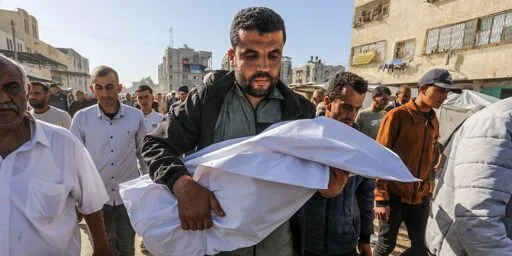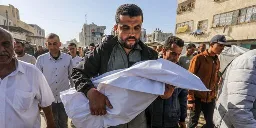How to Write About Palestine
How to Write About Palestine

How to Write About Palestine

Begin on October 7th, 2023.
Nothing important happened before this date.
History began on October 7th.
Never say the word occupation and avoid using terms like, “apartheid,” “segregation” and “illegal settlements.”
Avoid writing about the wall. If you do, preface its existence by talking about terrorism and security.
Terrorism and security are very important words. Use them a lot in reference to Palestinians.
Remind your audience that Palestine is a “complicated” situation.
Avoid the word genocide — for legal and technical reasons of course.
If you must use the word, put it in quotes.
Do not describe the escalation of Israeli hostility as an assault on the people of Gaza.
Instead, use words like “war,” and “conflict,” because that makes it easier to avoid the g-word.
When writing about Palestine, do not let facts get in the way of telling a good story. To this end, ignore Palestinian sources. They may be biased.
On the other hand, the Israeli military is a highly credible source of information.
If the Israeli army says nothing happened, then nothing happened.
Linking countries that fund weapons to the armies that use them fosters transparency.
So, when you write about attacks on Tel Aviv, it is important to mention that the missiles were fired by Iran-backed Hezbollah.
Do the same when you write about the Houthis.
Do not follow the same protocols when it comes to Israel.
The American-backed Israeli army makes its own decisions about when to drop American and British bombs.
When talking about Muslim communities, throw around phrases like “terrorist hotbed,” and “Hamas sympathizers.” This works even when those communities are in the UK or America.
Repeatedly demonize people who peacefully protest for Palestine.
Center the voices of people living in Western countries who feel unsafe when they hear the phrase “from the river to the sea.”
Don’t ask your readers to imagine how unsafe children actually living, wounded and dying in Gaza and the West Bank feel.
